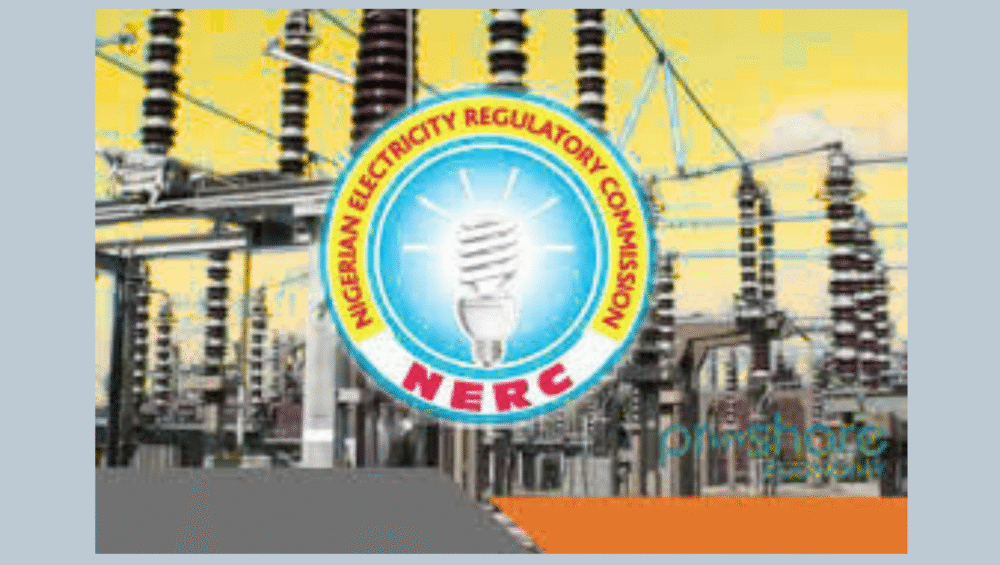A storm is brewing in Nigeria’s electricity sector as the Nigerian Electricity Regulatory Commission (NERC) and the Enugu State Electricity Regulatory Commission (EERC) lock horns over a controversial tariff cut.The Enugu commission had, in a bold move, slashed the Band A electricity tariff from ₦209/kWh to ₦160/kWh, directing MainPower Electricity Distribution Company to implement the change starting August 1. The announcement sparked immediate backlash from federal regulators and stakeholders in the power sector.
NERC quickly reacted, warning that states have no jurisdiction over the national grid or power stations licensed by the federal government. It insisted that Enugu’s decision threatens to destabilize the country’s fragile power sector and could create a financial crisis if not reversed. According to NERC, any reduction in tariffs that affects national grid supply must either be covered by a state-funded subsidy or scrapped entirely.At the heart of the dispute is the ₦66.85/kWh assumed subsidy that EERC built into its new pricing, a figure NERC claims has no legal or financial backing. The federal regulator cautioned that no state can impose such obligations on the national market, especially when they still depend on grid-supplied power.
Power distribution companies and generation firms added their voices, accusing EERC of making unsustainable decisions. Sunday Oduntan, CEO of the Association of Nigerian Electricity Distributors (ANED), told Enugu residents not to expect 20-hour daily supply at such a reduced rate. Joy Ogaji, CEO of the Association of Power Generation Companies, went further, describing the subsidy claim as “imaginary” and the action as “regulatory rascality.”Despite the criticism, the EERC defended its decision. Reuben Okoye, its Commissioner for Market Operations, argued that the current cost structure did not justify keeping the Band A tariff at ₦209/kWh in Enugu. He reaffirmed the commission’s commitment to building a transparent and sustainable sub-national electricity market.While NERC and EERC continue closed-door engagements to resolve the disagreement, the episode has exposed deeper tensions in Nigeria’s evolving electricity sector. As states move toward local control, the question remains: how far can they go before colliding with federal authority?





